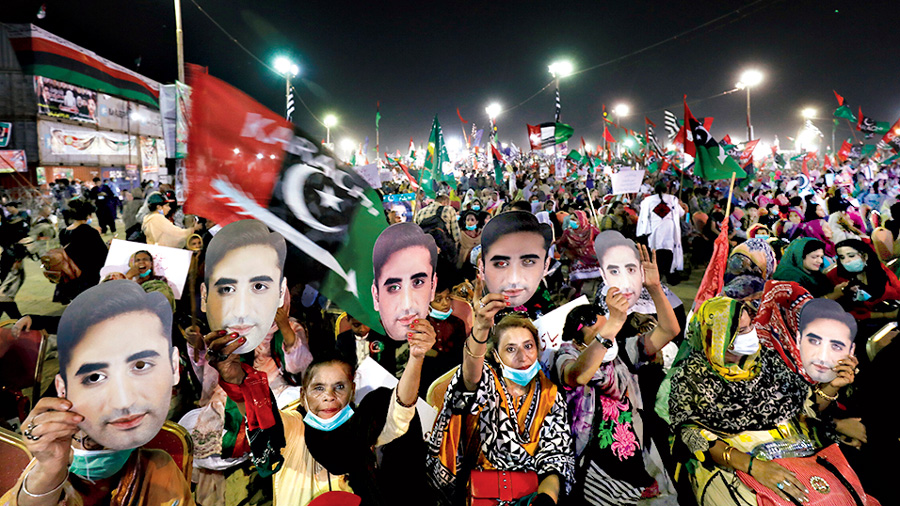
Can the Pakistani Establishment be Tamed?
Thu, 05 Nov 2020 | Reading Time: 8 minutes

An editorial in The Dawn of 28 October, commenting on the Quetta rally of the People’s Democratic Movement (PDM) states, ‘In political terms, bringing up the issue of enforced disappearances in such a no-holds-barred way is a gesture of defiance to the powers that be (read army), indicating the opposition alliance’s willingness to cross what were hitherto considered red lines.’ Mohamad Taqi, writing for The Wire states in an article of 18th October, ‘That the army rigged many elections before and manipulated the political process for six decades, has never been hidden.’ He adds, ‘No sitting army chief, who was not a dictator, has ever been named and shamed publicly by a mainstream politician before.’ This is a new normal in Pakistan.
An Indian defence attaché in Washington, explained Pakistan Army’s views, which he gathered during his social interactions with senior Pakistani army officers in Washington. The Pak Army officer corps is critical of the Indian military, not because of its capabilities or values, but because it is subservient to the Indian democratic system. He stated that the Pak army always ensured that their politicians remain under the boots of the military establishment.
However, Indian democratic values are being adopted in Pakistan and their politicians have begun demanding the same from their army. It is for this reason that no Pakistani Prime Minister finishes his/her term but instead lands in prison or hides abroad with an odd being either assassinated or hanged. With passage of time, every Prime Minister believes he or she can control the establishment, which, on the contrary, refuses to accept civil authority, leading to their ouster.
It is this stranglehold of the Pakistani army that the current PDM, formed in early October, proposes to change. The PDM is an alliance of 11 opposition parties, with the two largest being Nawaz Sharif led PML(N) and Bilawal Bhutto led PPP. After multiple rounds of discussion, the alliance nominated Jamait Ulema-e Islam (F) chief Maulana Fazlur Rehman as its head. Maulana Fazlur Rehman is a crowd puller and not someone who has a national level political base to be a major challenge in the days ahead.
As per reports, the demands of the PDM are outlined in a 26-point agenda. These include an end to the army’s interference in politics, new free and fair elections after electoral reforms remove the army and intelligence agencies from being involved in conduct of elections, release of political prisoners and across the board accountability under a new accountability law. In Pakistan, the army determines election results, in cases even before votes are conducted and chooses the next Prime Minister, ignoring the wishes of the people. Within three years it realises its mistakes and selects another. It is to change this system that the slogan adopted by the PDM is ‘vote ko izzat do.’
In rally after rally the target has been the army high brass and the ruling dispensation, selected and controlled by the army. The PDM has criticized the army hierarchy for corruption, quoting the example of Papa John Pizza enterprise owner, Lt Gen Bajwa, and for interfering in political matters. It has simultaneously avoided accusing the army as an organization. Accusing the top brass of misdeeds, which is a reality, compelled the army to adopt measures to break opposition unity.
The kidnapping of the IGP of Karachi to sign an arrest warrant, led to a near revolt with all senior Sindh police officials threatening to proceed on mass leave simultaneously, with similarly worded applications. This forced the army chief to act and order an inquiry. The arrest and subsequent release of Captain Safdar, son-in-law of Nawaz Shariff, which was intended to break opposition unity, instead united them. This hurried, unplanned action of the Pak army has only emboldened the opposition.
The army next attempted to play the national security card and executed explosions in Quetta and Peshawar to coincide with PDM’s rallies. In response, opposition senators accused the army of staging these attacks. Senator Atta Ur Rehman, brother of Fazlur Rehman stated in the senate, ‘I am not talking about the army, but their generals are involved in these attacks.’ Evidently, battle lines have been drawn. The PDM is unwilling to back down, at least currently.
Amidst this battle came the explosive statement in the senate, by the former speaker of the national assembly and PML (N) leader, Ayaz Sadiq. He stated, ‘I remember Shah Mahmood Qureshi was in the meeting which Imran Khan had refused to attend and Chief of Army Staff General Bajwa came into the room, his legs were shaking, and he was perspiring. Foreign Minister said “For God’s sake, let Abhinandan go, India’s about to attack Pakistan at 9 PM”’ He added, ‘But Imran Khan’s decision betrayed weakness of the civil leadership.’
SM Qureshi, the foreign minister commented, ‘I did not expect Ayaz Sadiq to say such a thing,’ adding, ‘We didn’t want to give India a chance to take Pakistan to the International Court of Justice again.’ No excuse could be lamer than this. The fact that Qureshi did not dispute the statement, implied Sadiq had spoken the truth.’ Sadiq accusing the Pak army chief of cowardice and fear was opening a new chapter in the confrontation. This had never been attempted in Pakistan’s history.
Worse was to follow when Sadiq stated subsequently in a press conference alongside Maulana Fazlur Rehman, ‘I am standing by my stance and you will see in future, I have many secrets.’ To avoid being drawn into the controversy of accusing the army, he added, ‘Their attempt to associate my statement with the armed forces of Pakistan was not a service to the country.’ Maulana Fazlur backed Sadiq and stated, ‘Nobody is above criticism … our institutions are so sacred that they are above criticism. We do not accept this rule.’ It is possible that Sadiq’s statements were planned and not off the cuff remarks.
The Pak DGISPR was forced to respond and conducted a single agenda press conference on the issue. Without naming Sadiq the DGISPR mentioned the comments and stated, ‘negative narrative directly affects national security, and the enemy is taking thorough advantage of these things in the information domain and you all can see a glimpse of this in the Indian media.’ Mohsin Dawar, a Pashtun leader and member of the PDM and national assembly, tweeted, ‘Why is the ISPR responding to a former speaker? What authority do they have to respond? Where is the foreign minister?’ Not many, even in Pakistan, believed the coverup and backed army generals.
It is the first time in decades that army generals are facing the wrath of a collection of political parties, fighting to change the system and restore some semblance of democracy within the country. The opposition is careful that it targets only generals and not the army as an institution. Anyone targeting the Pak army is liable to be disqualified from the senate as Article 63 (1) (g) of the constitution states that one of the grounds for disqualification includes, ‘brings into ridicule the judiciary or the Armed Forces of Pakistan.’ In addition, he could be charged for sedition, as Sadiq is likely to face.
The army has ruled the country on the fear of Indian attempts of breaking the sanctity of Pakistan. Imran had stated in an interaction with Samaa TV in early October, ‘If it weren’t for our army, our country would’ve been in three pieces. India’s think-tanks say that they want to break Pakistan.’ In his opinion, Pakistan remains a country not because of its people, its principles or its claim as an Islamist state, but because of the army. This places the army on a pedestal, opening doors for it to control as also exploit the state, without anyone having powers to question. However, separating the army from the generals is what the opposition is playing on.
Pak army generals will not back down without a fight. They have worked hard to ensure this right and would seek to hold onto it, despite all odds. They will employ every card in the pack to break the PDM, whether it be the National Accountability Bureau, pushing sedition charges or even sacrificing Imran Khan. The ISI possesses a stranglehold over the national media and will ensure that it is never publicly criticized.
The generals have run the country since independence, faced hurdles including humiliating defeats at the hands of India, but always bounced back and regained control. The ouster and subsequent hanging of Zulfikar Bhutto is a classic example of bouncing back from the depths of defeat. ISI controlled terrorist groups could also be tasked to eliminate key opposition leaders, as was done in the case of Benazir Bhutto.
In the current scenario, Imran Khan, emboldened by army support, has projected an attitude of defiance and refuses to negotiate with the opposition. This has pushed the army further into a corner and left many wondering as to what does the future hold for Pakistan. Will army generals be pushed back by public pressure; will Imran Khan be sacrificed to save the army’s control or will there be another coup and all dissent suppressed are options being discussed in multiple forums.
Historically, whenever an internal crisis arises the army steps in to act as the intermediary to diffuse the situation. On occasions, it supports protests to ensure adequate pressure remains on the government. An example is the case of the Tehreek-e Labaik Pakistan protest of late 2017, where videos emerged of a Pak General distributing money to protestors and their leader, Khadim Hussain Rizvi, officially thanked the army chief for his support. The army had refused to get involved in breaking the protest, even after being requested to do so by the government.
However, in the current case the army is itself drawn into the battle from both sides. While the opposition accuses it of interfering in politics, Imran Khan claims the army chief is supporting his government, only proving the role of the army in politics. Maleeha Lodhi, the ex-Pak permanent representative to the UN states in an article in The Dawn of 02 November, ‘The opposition’s strategy is to raise the costs of what it believes is the establishment’s partisan role while the government, in repeatedly claiming the army’s backing, is unintentionally creating the same effect — making the establishment central in the political tussle — and media debate.’
In such a scenario, the army cannot actively be involved in diffusing the growing differences. Therefore, it would have four options. The first is to let the temperatures continue rising between the government and the opposition. It will lead to both planning rallies against the other, while the army remains in the background. This will push other major national issues like COVID and a failing economy into oblivion. Depending on the way the wind blows, the army may step into the picture. In all probability, it would seek to sacrifice Imran for securing its own control over the state. However, there is no guarantee that its powers will not be curtailed.
The second option would be to enable the current government to block further rallies playing the security or COVID card. It could also seek to arrest PDM members using various institutions available to the state. This may enhance tensions and lead to violence within the country. If this happens, the army has the option to step in and enforce writ, thereby gaining the upper hand. However, the downside is that the level of violence may lead to the creation of an adverse situation compelling the army to step back. It is not a situation they may desire to risk.
The third option is to launch a serious terrorist strike in Kashmir, aware that India would retaliate. It could then seek to play the Indian card, cool temperatures and regain control. However, there is a major risk as the Indian strike could result in a serious loss of face, thereby pushing it onto the backfoot, even internally. Its capabilities to counter India are now well known after the Abhinandan fiasco.
Finally, the army may take matters into its own hand and conduct a coup. By imposing martial law, it could suppress all dissent internally, but would face immense global pressures. This action would be supported by China, which would prefer a strong army hold, safeguarding its massive investments in the country. This option again has the danger of internal unrest leading to demands for freedom.
Battlelines have been drawn. The scenario is moving towards turmoil. The manner in which it may end would depend on the approach army generals take or how they push Imran to act. Despite any level of violence and turmoil, one thing is certain, the army will end up losing some amount of power. True democracy is still some distance away, but the stranglehold of the army will recede. The deal is in the hands of the PDM. The way it projects its demands, in its next rally at the end of the month, will determine the future road for Pakistan.
Disclaimer
The opinions expressed in this article are the author’s own and do not reflect the views of Chanakya Forum. All information provided in this article including timeliness, completeness, accuracy, suitability or validity of information referenced therein, is the sole responsibility of the author. www.chanakyaforum.com does not assume any responsibility for the same.
Chanakya Forum is now on . Click here to join our channel (@ChanakyaForum) and stay updated with the latest headlines and articles.
Important
We work round the clock to bring you the finest articles and updates from around the world. There is a team that works tirelessly to ensure that you have a seamless reading experience. But all this costs money. Please support us so that we keep doing what we do best. Happy Reading
Support Us









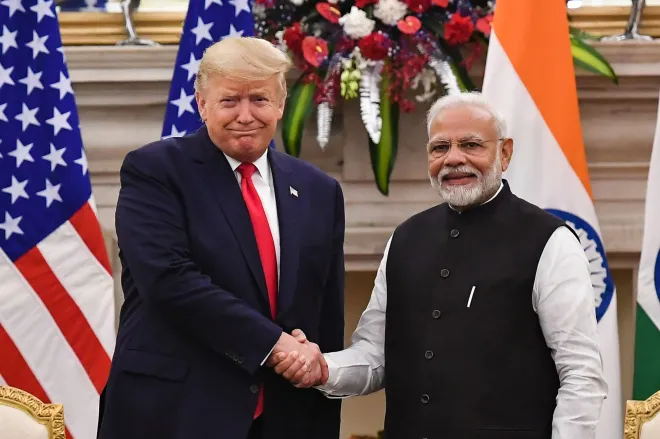
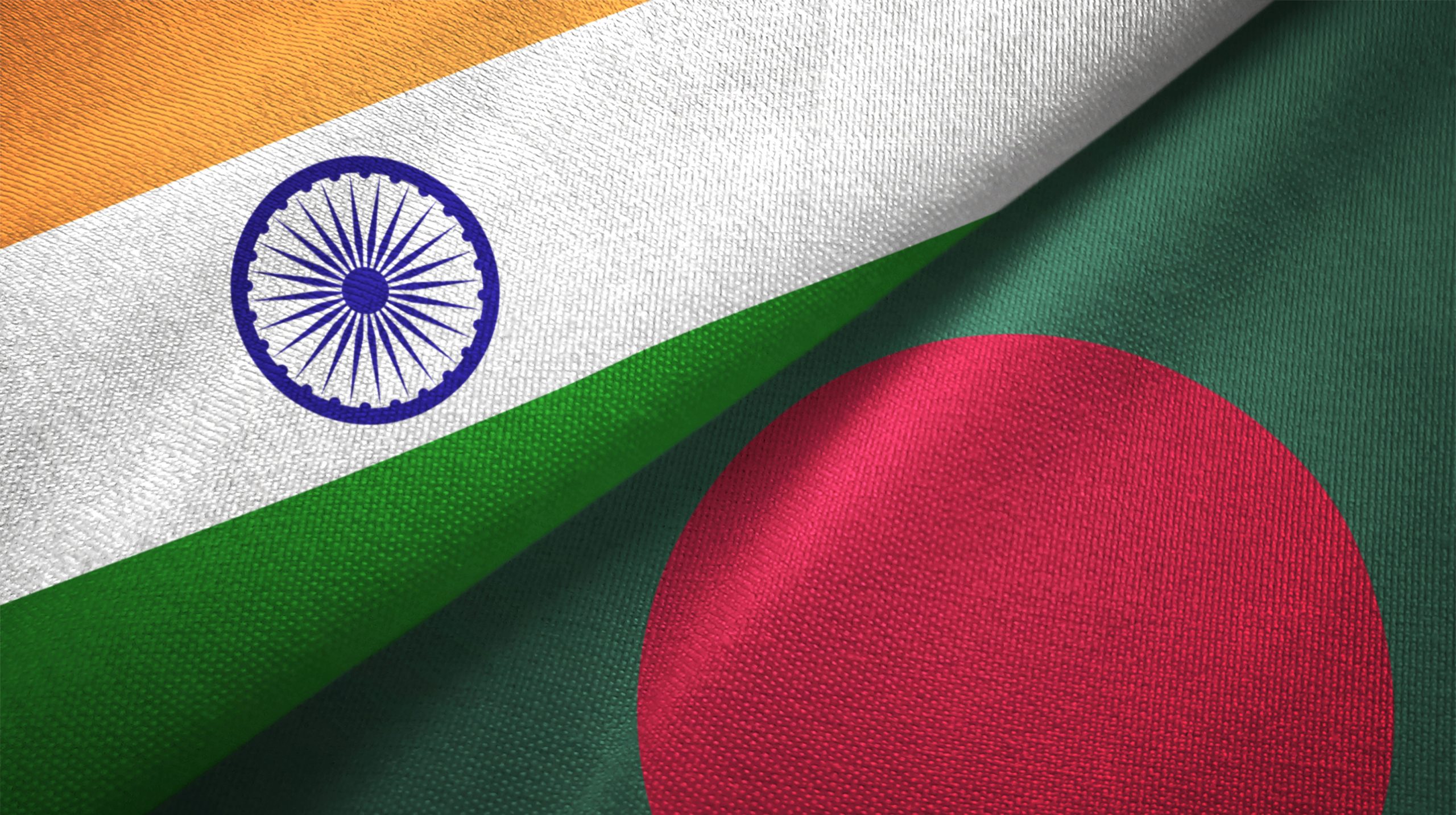

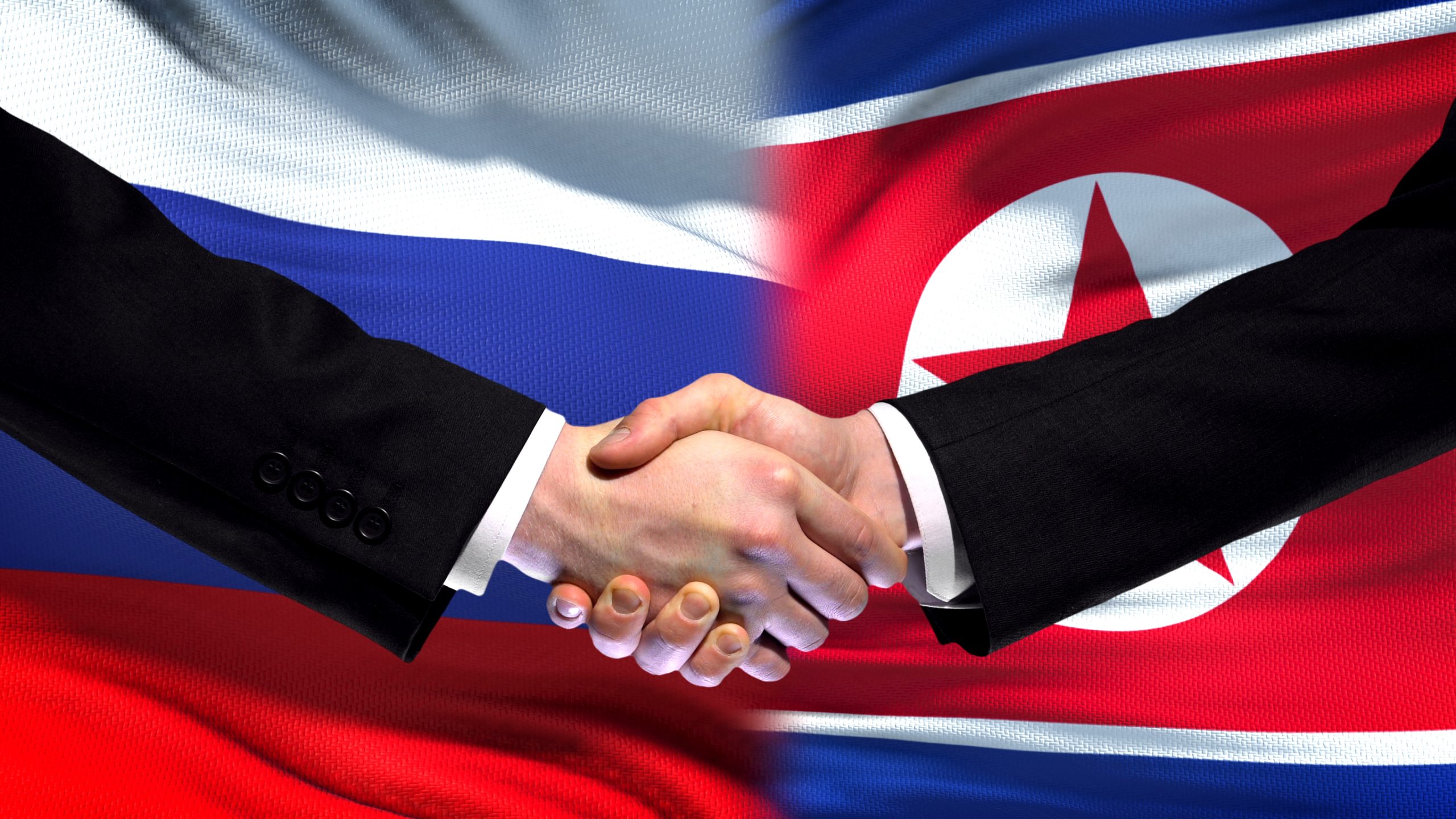
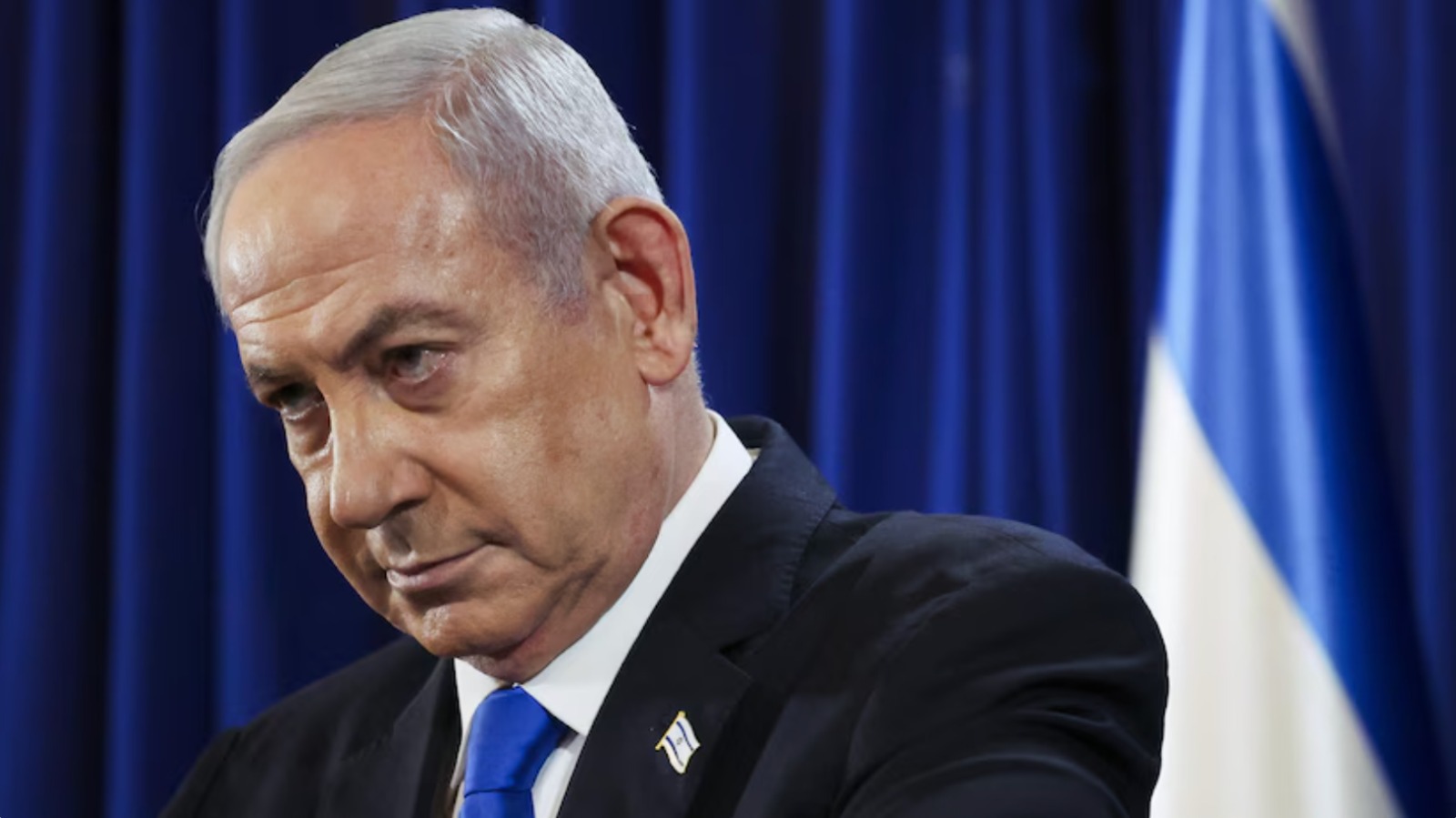






POST COMMENTS (1)